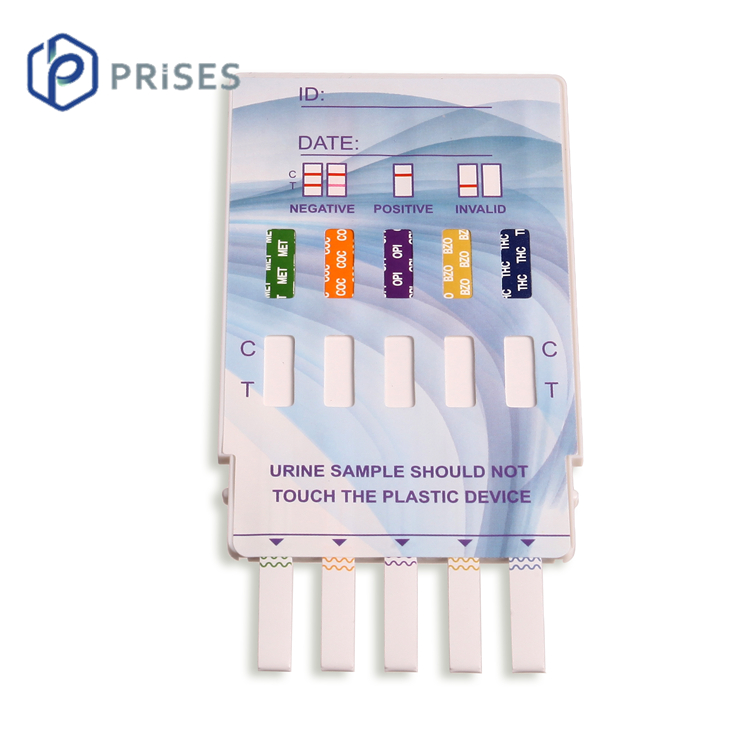Sep . 16, 2024 13:44 Back to list
wholesale diagnostic test for dengue manufacturers
The Emerging Market for Wholesale Diagnostic Tests for Dengue Opportunities and Challenges
Dengue fever, a mosquito-borne viral infection, poses a significant public health threat in tropical and subtropical regions across the globe. With the increasing incidence of dengue cases, especially in urban areas, the demand for accurate and timely diagnostic tests has surged. This has led to a burgeoning market for wholesale diagnostic tests for dengue, presenting both opportunities and challenges for manufacturers and healthcare providers alike.
Understanding the Market Dynamics
The global market for dengue diagnostic tests is characterized by a range of products, including rapid diagnostic tests (RDTs), polymerase chain reaction (PCR) tests, and enzyme-linked immunosorbent assays (ELISAs). Among these, RDTs have gained popularity due to their ease of use, speed, and the ability to provide results at the point of care without the need for specialized equipment. This makes them particularly valuable in resource-limited settings where access to advanced laboratory facilities is constrained.
The wholesale market for these diagnostic tests has expanded significantly, driven by the increasing awareness of dengue among healthcare providers and patients. Governments and health organizations are recognizing the importance of early and accurate diagnosis for effective disease management and outbreak control. As a result, investments in public health initiatives and improved healthcare infrastructure are further fueling demand for wholesale dengue diagnostic tests.
Opportunities for Manufacturers
wholesale diagnostic test for dengue manufacturers

Manufacturers of dengue diagnostic tests find themselves with numerous opportunities in this growing market. The rise in dengue outbreaks, particularly in Asia, Africa, and Latin America, highlights an urgent need for scalable and cost-effective diagnostic solutions. Companies that can innovate and provide high-quality, reliable tests will be well-positioned to capture market share.
Partnerships with governments and international health organizations can also open doors for manufacturers. By collaborating on thematic projects aimed at disease control and prevention, they can enhance their credibility and gain access to wider distribution networks. Furthermore, the advent of advanced technologies, such as machine learning and artificial intelligence, can improve the accuracy and efficiency of diagnostic tests, offering manufacturers a competitive edge.
Challenges in the Market
Despite the promising outlook, several challenges persist in the wholesale diagnostic test market for dengue. The landscape is highly competitive, with numerous players striving to establish their presence. This competition can lead to price wars, which might compromise quality and result in the proliferation of substandard products.
Regulatory hurdles present another significant challenge. Manufacturers must navigate a complex web of regulations and approvals in different countries, which can delay product launches and increase costs. Ensuring compliance with international standards for quality and safety is essential to building trust and maintaining a good reputation.
In conclusion, the wholesale diagnostic test market for dengue presents a dual-edged sword of opportunities and challenges. Manufacturers who are agile, innovative, and aligned with the healthcare needs of various regions will thrive in this evolving landscape. By focusing on quality, affordability, and strategic partnerships, they can contribute significantly to the global efforts in combatting dengue fever and enhancing public health outcomes.
-
Malaria Pf Ag Rapid Test Kit - Quick & Accurate Detection
NewsAug.11,2025
-
Accurate Cardiac Marker CK-MB Rapid Test for Quick Results
NewsAug.10,2025
-
Premium Empty ABS Plastic Cassette for Test Strips
NewsAug.09,2025
-
Sterile Urine Cup: Accurate Specimen Collection for Labs & Home
NewsAug.08,2025
-
Malaria Pf/Pan Ag Rapid Test Kit for Fast, Accurate Diagnosis
NewsAug.07,2025
-
Rapid Canine Corona Test: Fast & Accurate Results
NewsAug.06,2025

